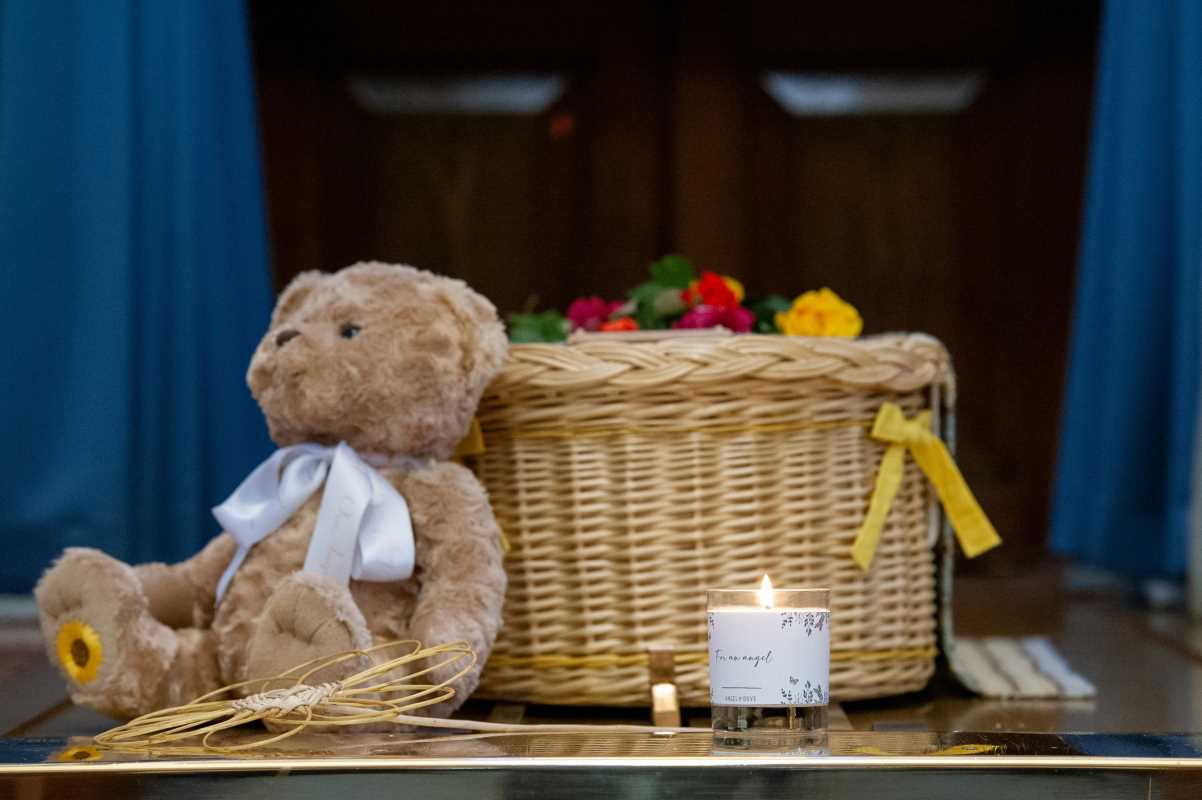The idea of traveling with extended family, parents, siblings, cousins, nieces, and nephews, is often painted in broad, idyllic strokes. It’s the stuff of heartwarming commercials: three generations laughing on a beach, sharing a meal at a long, rustic table, and creating a tapestry of perfect memories. The reality, as anyone who has attempted such a trip knows, can be a bit more… complicated. Melding different ages, personalities, travel styles, and sleep schedules into one harmonious vacation is no small feat.
Yet, despite the potential for logistical headaches and minor meltdowns, traveling with your extended clan is one of the most powerful ways to strengthen family bonds. It’s an opportunity to step outside the routines of daily life and connect on a deeper level. These trips create a shared history, a collection of inside jokes and stories that will be retold for years to come. The key to unlocking this magic lies in planning, patience, and a conscious effort to make the trip about connection rather than just logistics.
Plan a Mix of Group and Independent Activities
One of the most common pitfalls of a multi-generational trip is the assumption that everyone must do everything together, all the time. This "forced family fun" approach can quickly lead to burnout, resentment, and frustration, as different age groups and personality types have varying needs and energy levels. A teenager’s idea of a good time is rarely the same as a grandparent’s, and introverts will need downtime to recharge away from the constant social stimulation.
The solution is to build a flexible itinerary that includes a healthy mix of planned group activities and ample free time. Designate one main "anchor" activity for the group to do together each day, such as a special dinner, a visit to a landmark, or a family game night. The rest of the day can be open for smaller groups or individuals to pursue their own interests. This structure ensures you get that crucial bonding time while also giving everyone the freedom and autonomy to enjoy their vacation in their own way, which makes the time you do spend together more joyful and less obligatory.
Respect Personal Space and Downtime
When you’re sharing a vacation rental or adjoining hotel rooms, personal space can become a scarce and valuable commodity. Living in close quarters, even with people you love, can be intense. Without opportunities to decompress and have a moment to oneself, minor irritations can quickly escalate into major conflicts. Recognizing and respecting each other’s need for solitude is not antisocial; it's a critical component of a successful group trip.
Be proactive about building downtime into the schedule. Establish a "quiet time" in the afternoon when kids might nap and adults can read, rest, or simply have some peace. It’s also important to respect physical boundaries. Don’t assume you can just walk into your sister’s room or use your cousin’s belongings without asking. Encouraging everyone to take the space they need without guilt creates a more relaxed and respectful atmosphere. This allows each person to recharge their social battery, ensuring they can be present and engaged during group activities.
Create a New Travel Tradition
Family traditions are the glue that binds generations together. While you may have traditions at home during the holidays, a trip is a perfect opportunity to create a new one that is unique to your travels. These shared rituals, no matter how small or silly, become a special part of your family’s story and something to look forward to on future trips. The tradition itself can be anything, but its power lies in its repetition and the sense of shared identity it fosters.
The tradition could be as simple as taking the same funny-faced photo in every new location you visit or starting a collection of a specific souvenir, like a magnet or a postcard from each trip. Maybe it's a family "awards ceremony" on the last night, where you give out silly prizes for things like "Best Navigator" or "Most Adventurous Eater." You could also create a collaborative travel journal where each family member writes or draws their favorite memory from the day. These rituals transform a simple vacation into a meaningful, recurring chapter in your family’s history.
- Balance the Schedule: Plan one main group activity per day and leave the rest of the time flexible for smaller groups or solo adventures.
- Respect Downtime: Acknowledge that everyone needs personal space. Build in quiet time for naps, reading, or simply relaxing alone.
- Create Traditions: Start a new, simple travel ritual, like taking a specific type of photo, collecting a certain souvenir, or holding a silly awards ceremony on the last night.
- Share Responsibilities: Use a sign-up sheet to divide chores like cooking, cleaning, or planning so no single person feels overburdened.
- Communicate Openly: Hold brief, informal family meetings to check in, discuss plans, and gently address any issues before they escalate.
Divide and Conquer Responsibilities
One of the fastest routes to resentment on a family trip is when one person becomes the designated planner, chef, navigator, and cruise director for the entire group. This often falls to one or two hyper-organized family members who, while capable, can end up feeling more like unpaid tour guides than vacationers. When the burden of responsibility is not shared, it creates an imbalance that can lead to stress and frustration.
To ensure everyone feels like a participant rather than just a passenger, divide up the responsibilities from the very beginning. Use a simple sign-up sheet for daily chores like cooking meals, doing dishes, or making grocery runs. You can also assign different people to be in charge of different parts of the trip. For example, one family can be in charge of researching and booking dinner reservations, while another can plan a day’s outing. This not only lightens the load for everyone but also gives each person a sense of ownership and contribution to the trip’s success.
Prioritize Open and Gentle Communication
In any group dynamic, unspoken expectations and simmering frustrations are a recipe for disaster. On a family trip, where you’re together 24/7, small issues can snowball if not addressed. Creating a culture of open, honest, and gentle communication is perhaps the most important tip for a successful trip. This means creating safe opportunities for everyone to voice their needs, preferences, and concerns without fear of judgment.
This doesn't need to be a formal, stuffy meeting. It can be a quick, casual check-in over coffee in the morning or before dinner. You can ask simple questions like, "What was everyone’s favorite part of today?" or "Is there anything anyone is hoping to do tomorrow?" This provides a natural opening for someone to say, "I’d love a more relaxed morning tomorrow," or "Can we try a restaurant with more options for the kids?" Addressing these small things in real-time prevents them from building up into trip-ruining conflicts and ensures that everyone feels heard and respected.
 (Image via
(Image via





